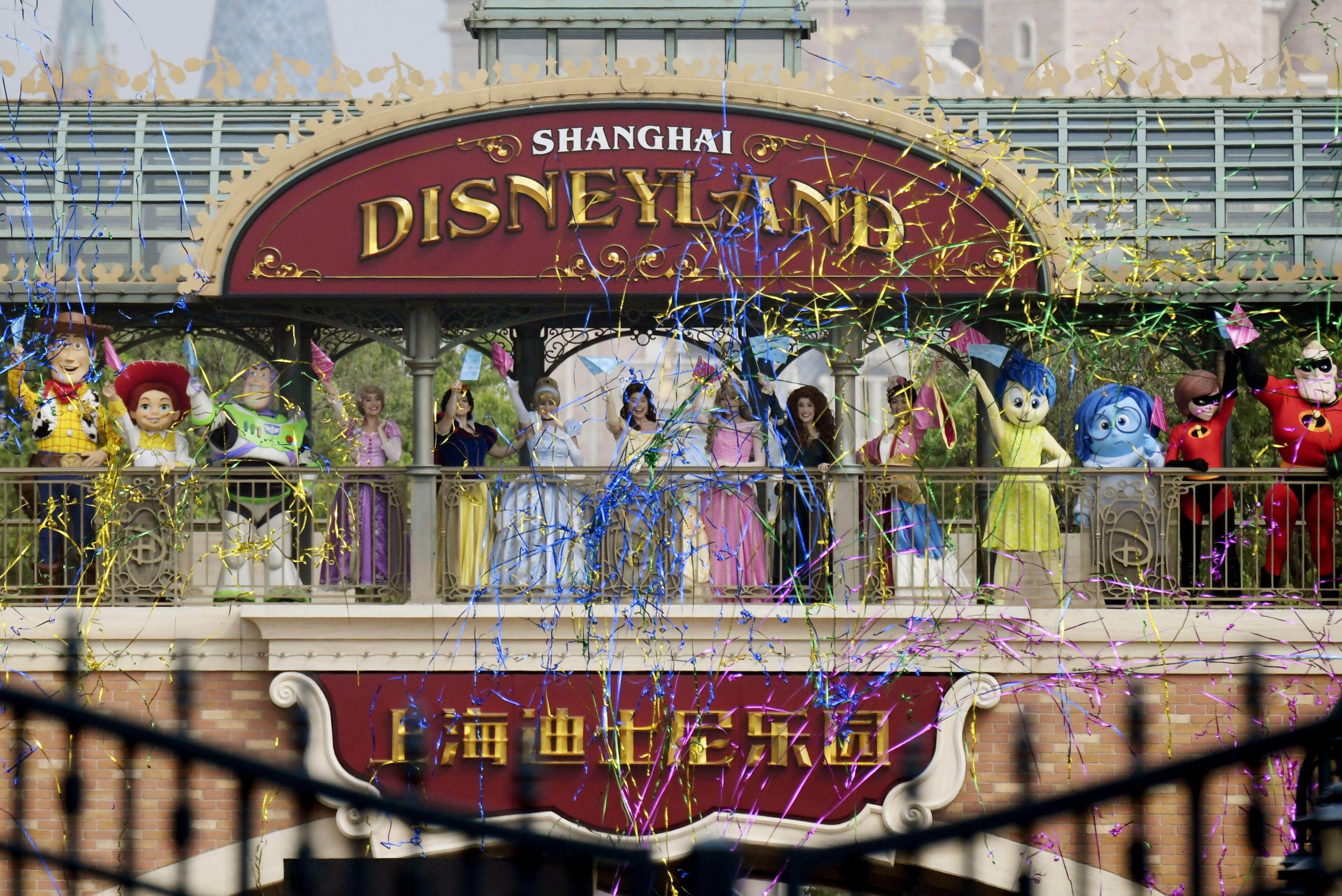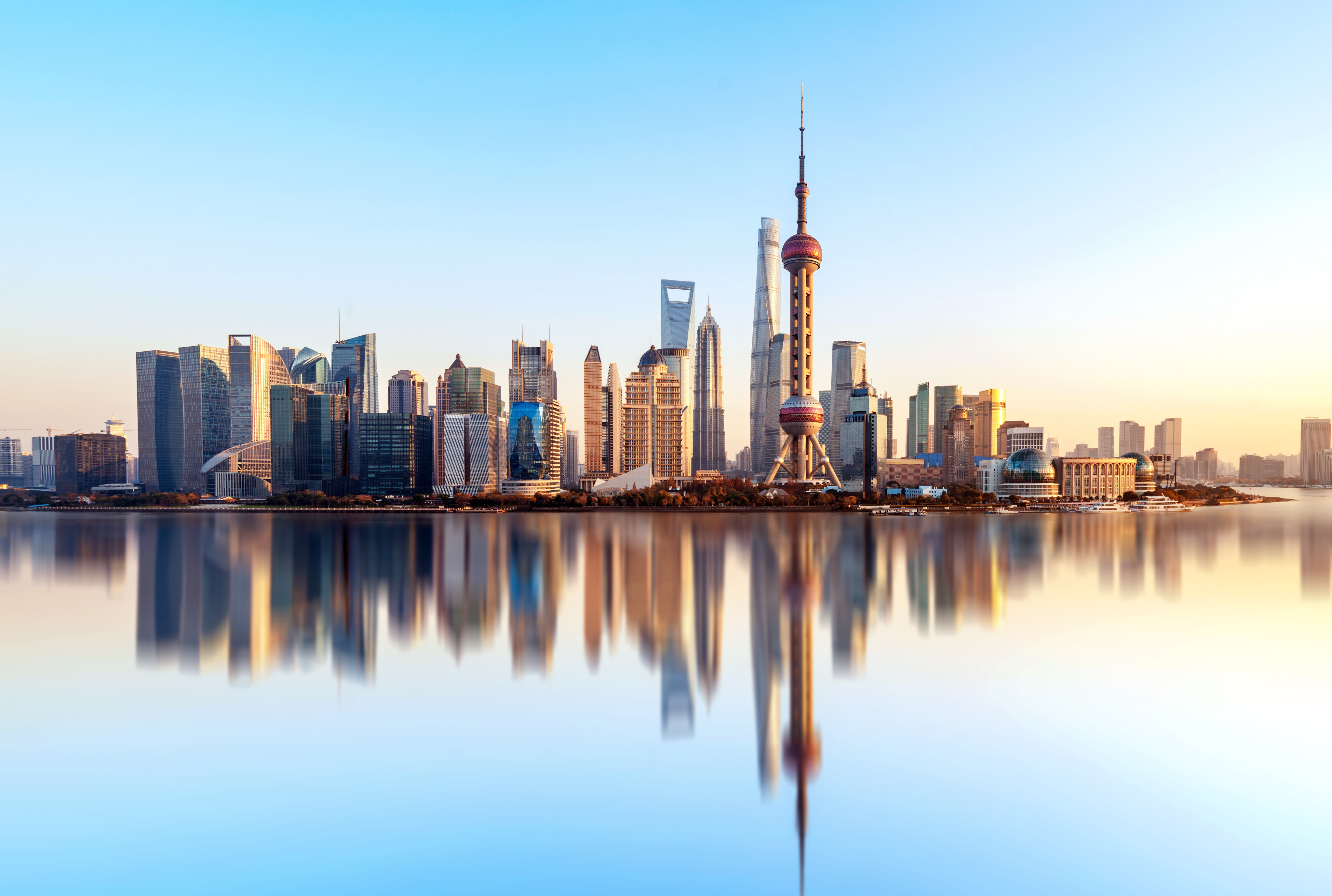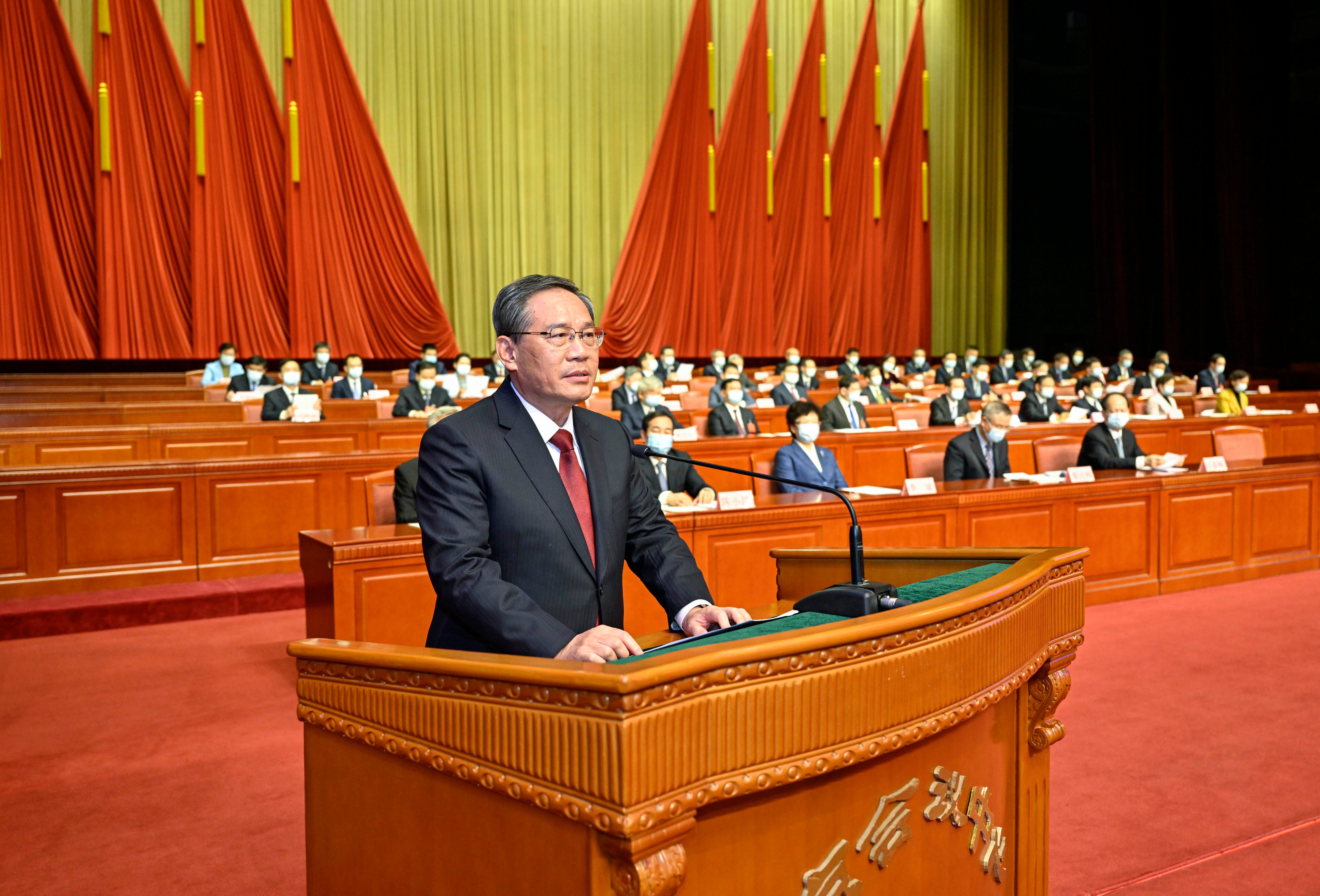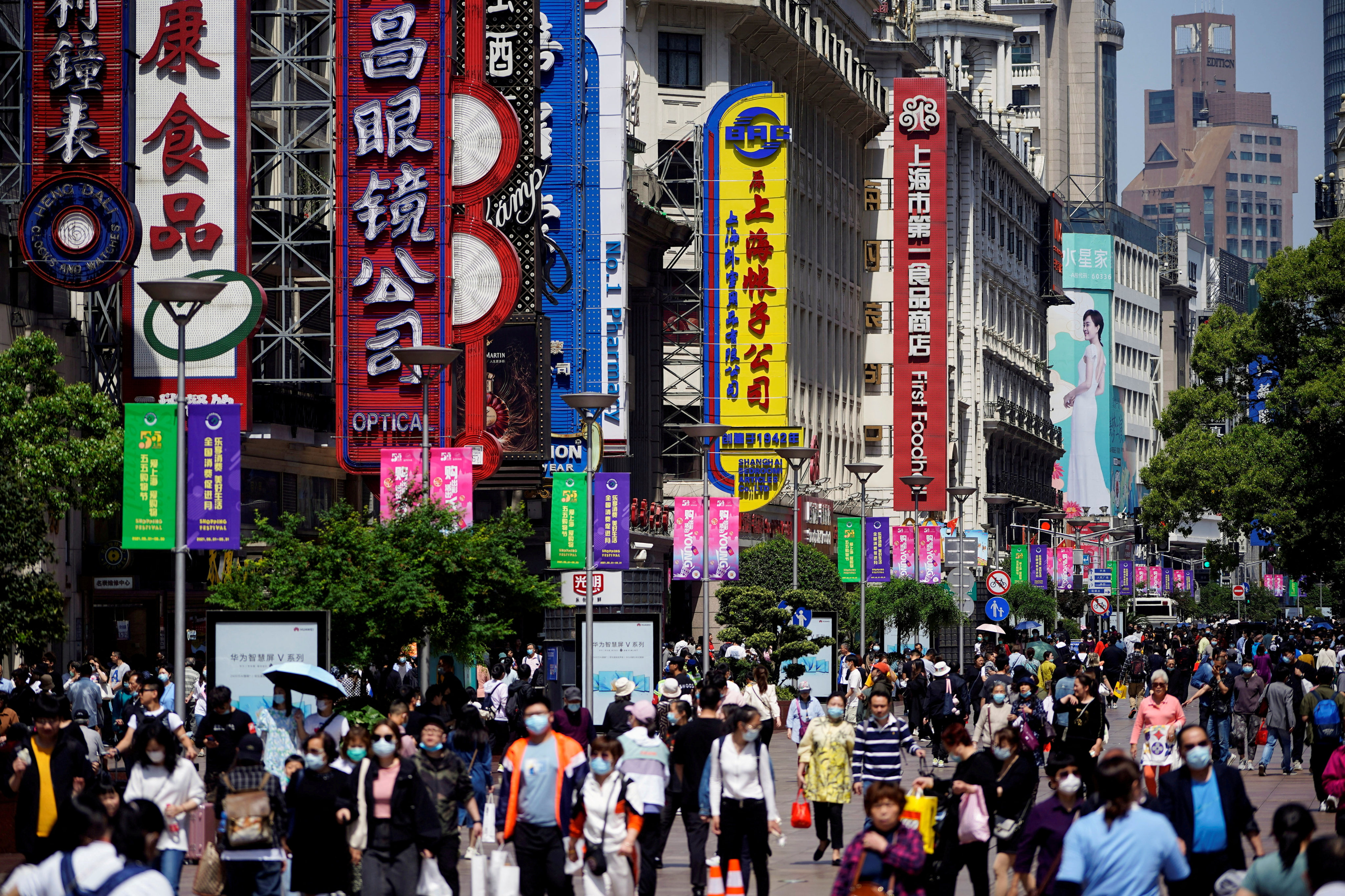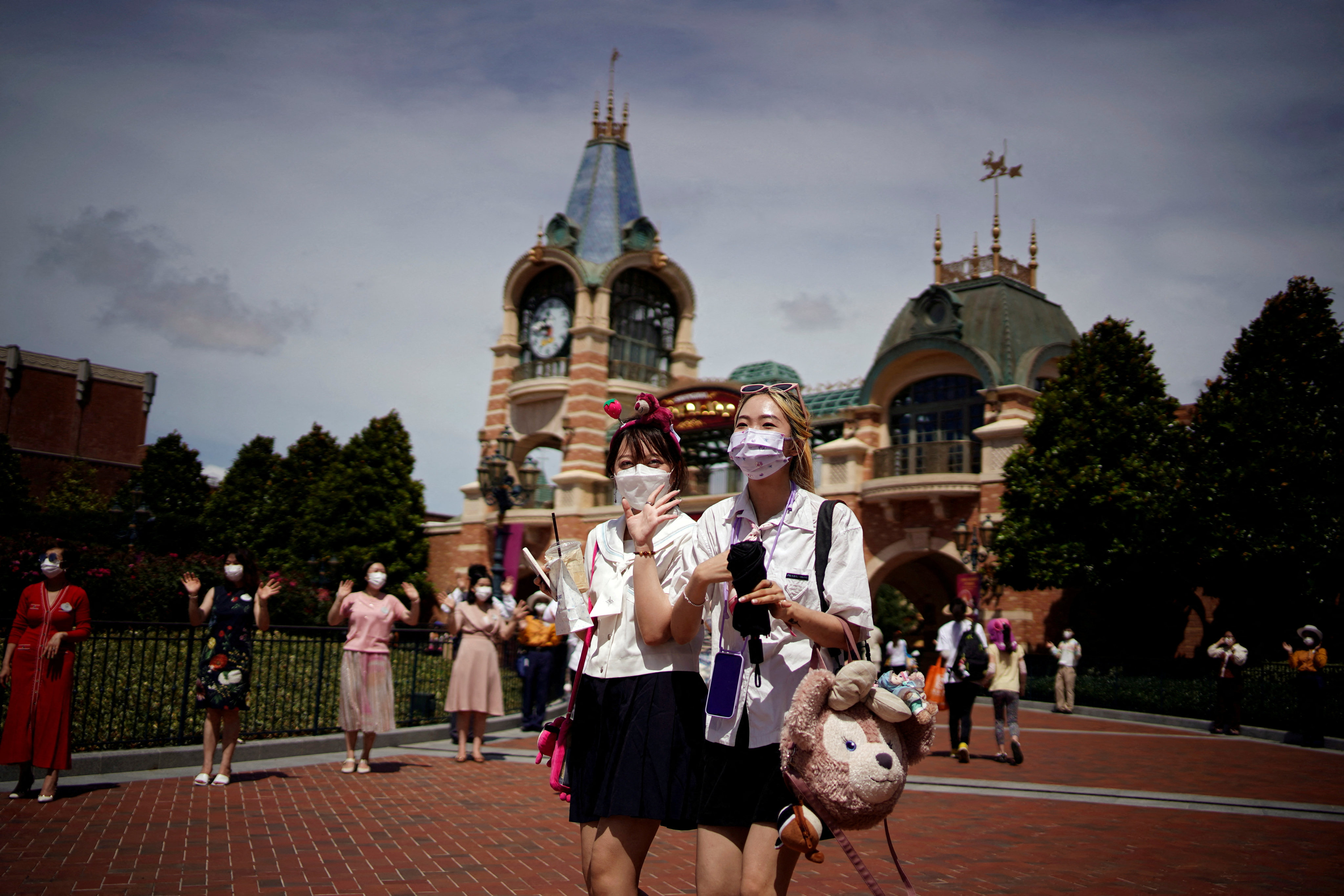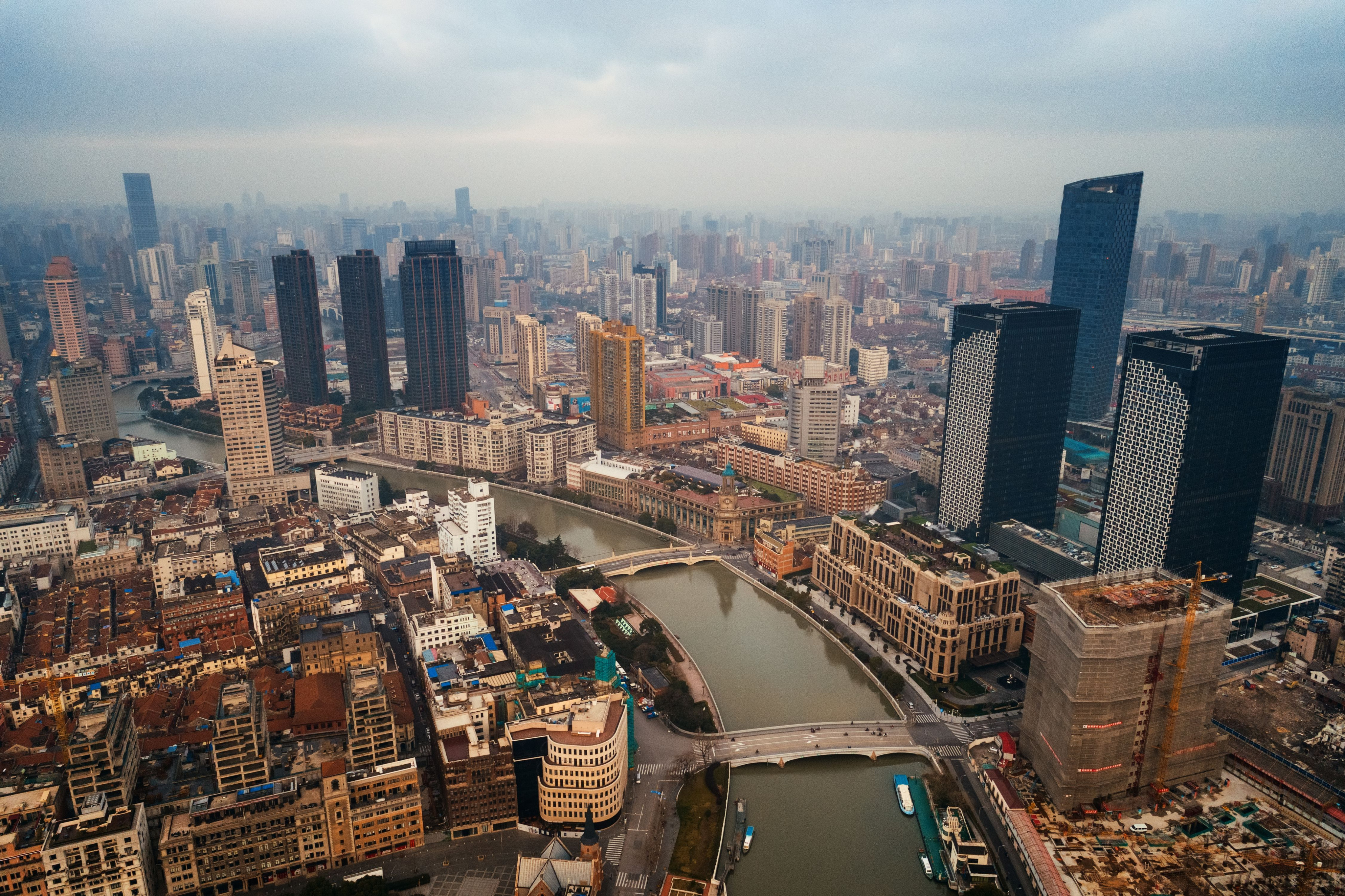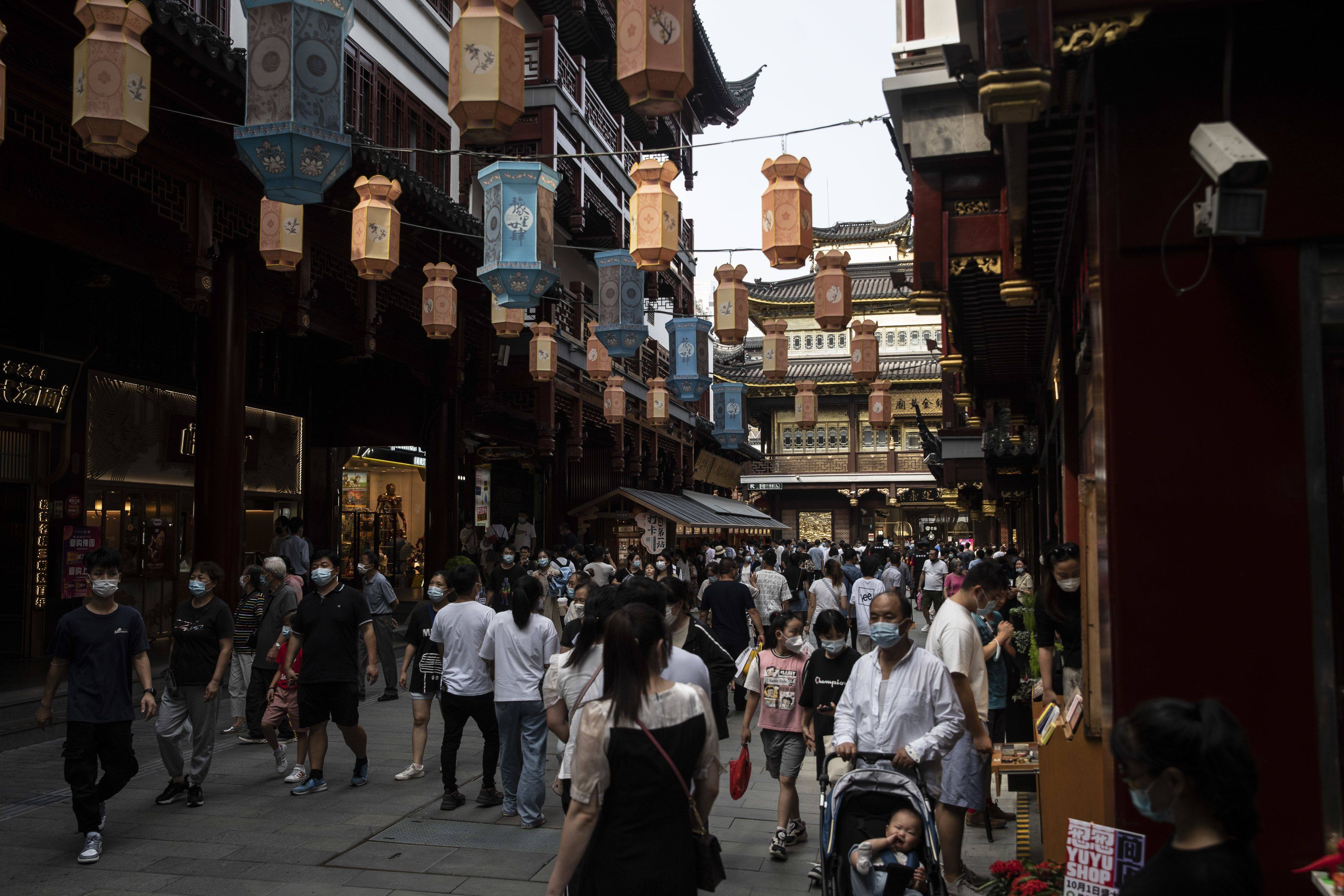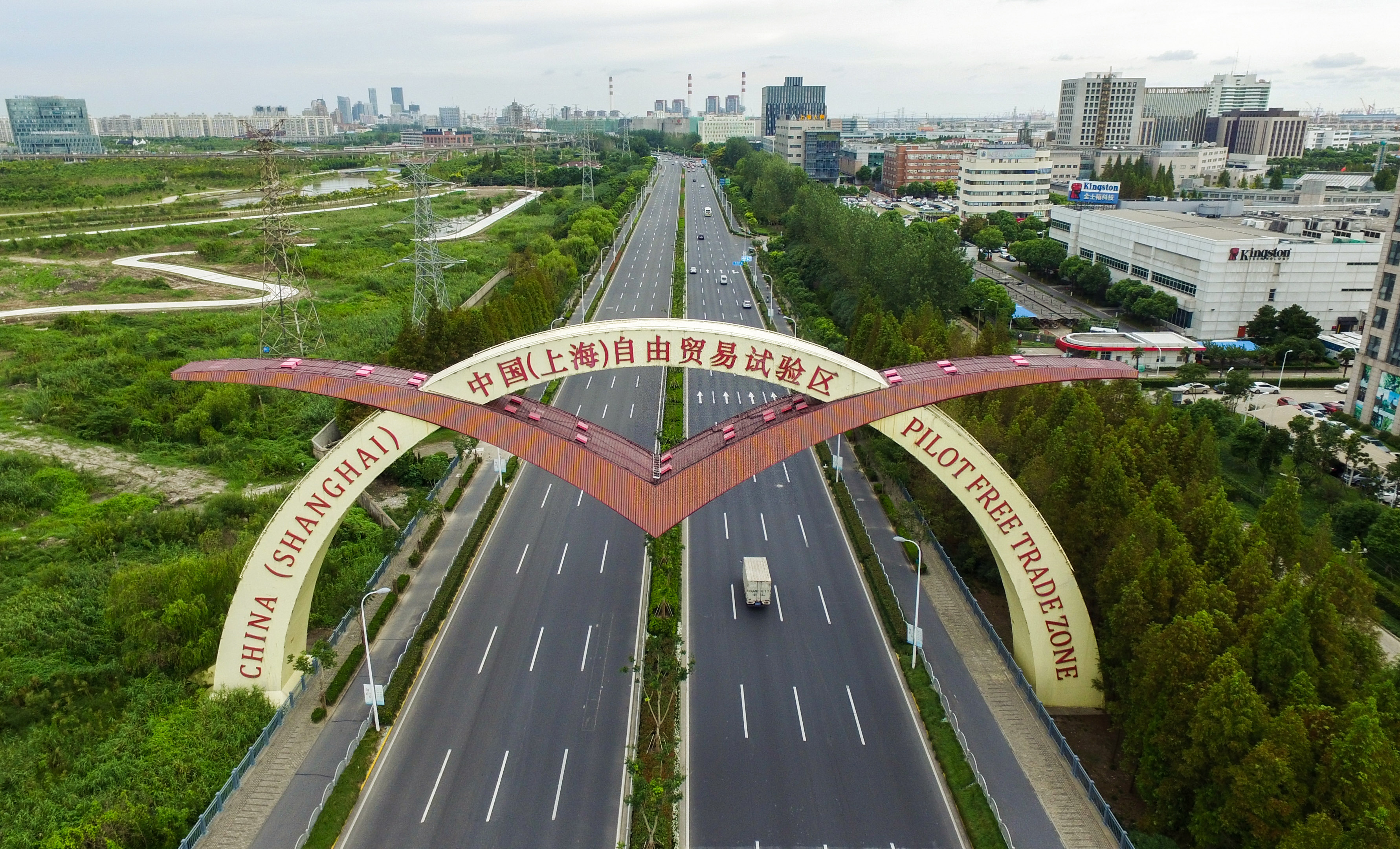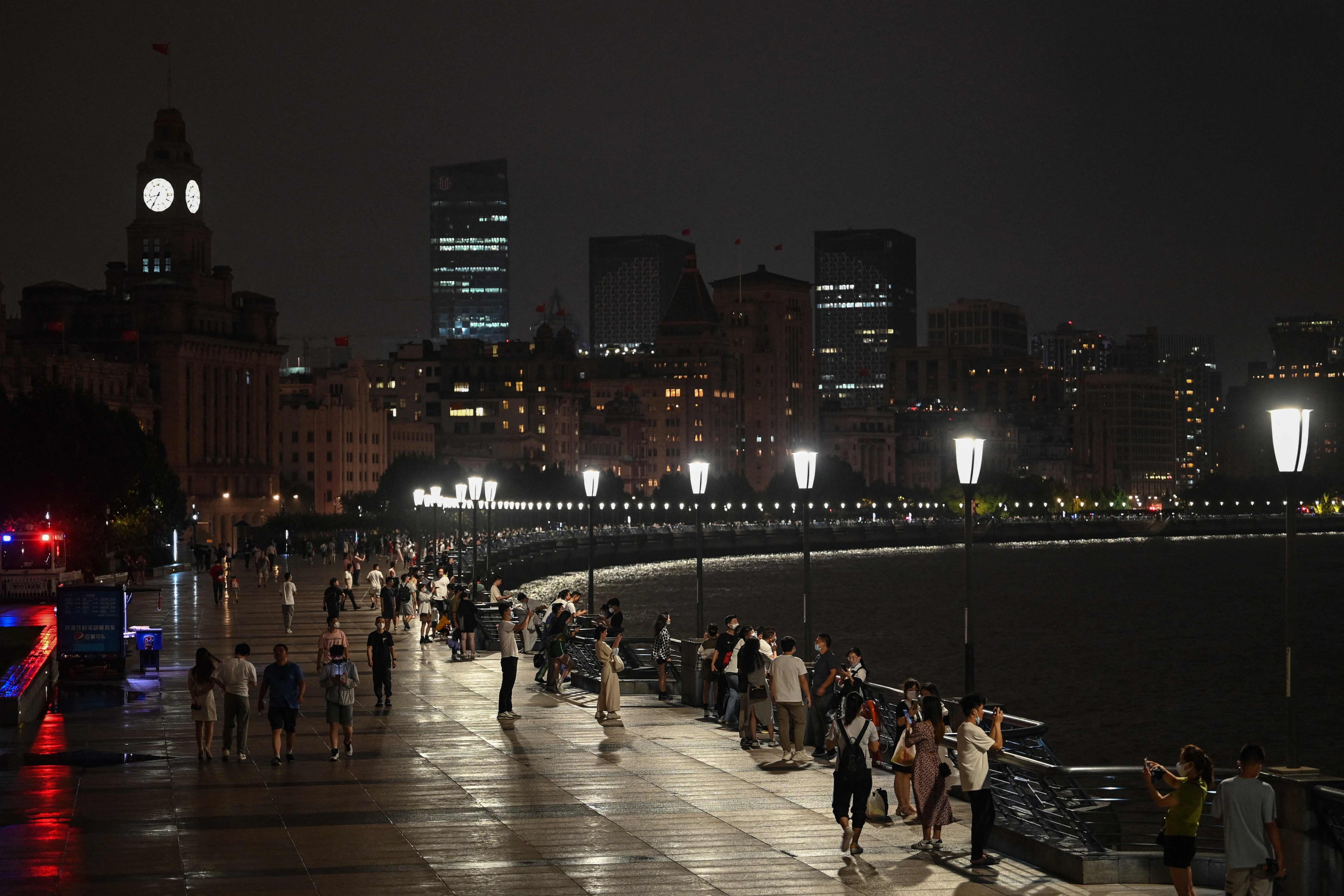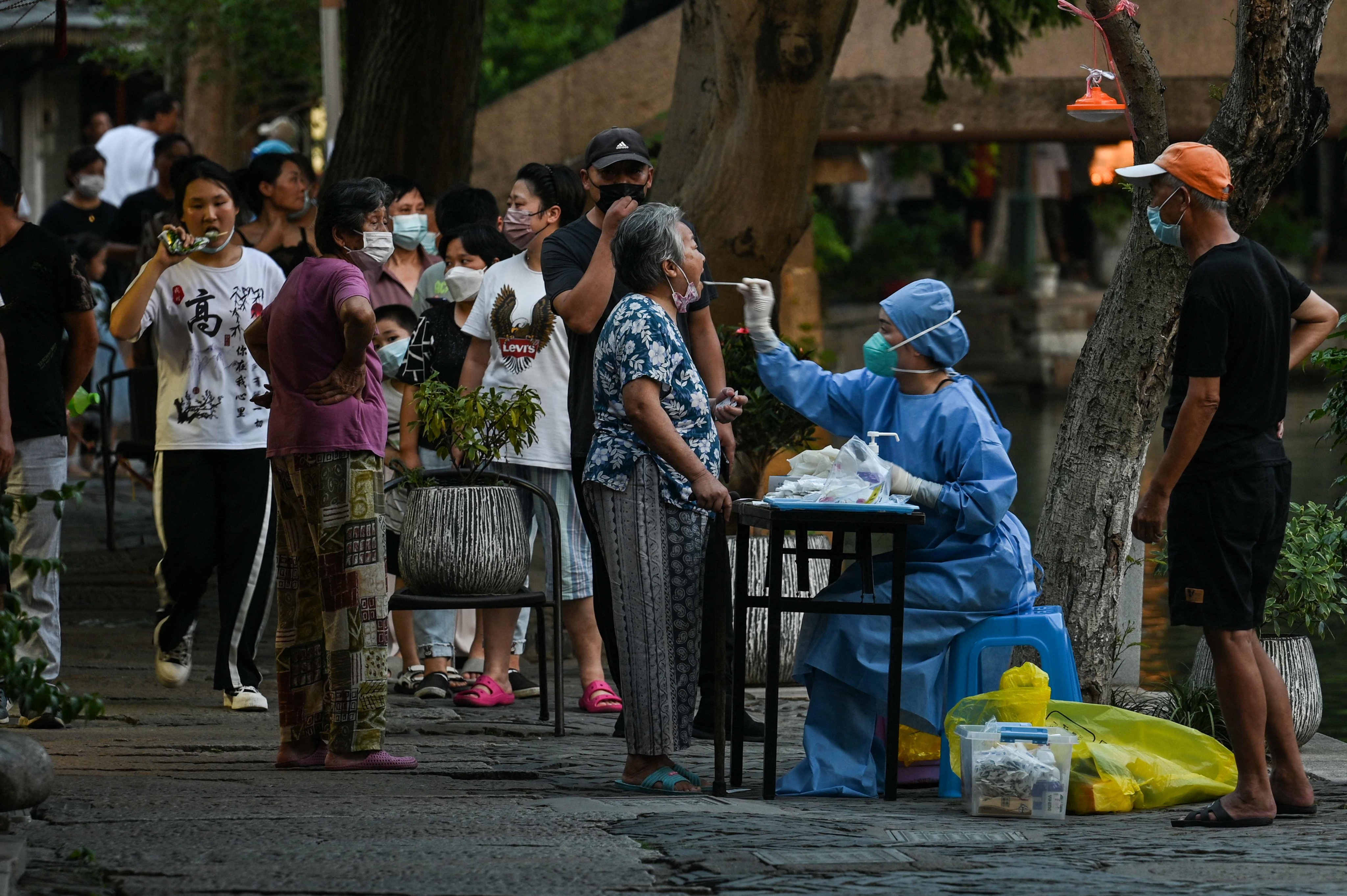Advertisement
Advertisement
TOPIC
Shanghai reopening
Shanghai reopening
Latest news and updates as Shanghai reopens following two months of anti-Covid lockdown, covering the 50-point plan to repair the city’s US$637 billion economy and restore China’s commercial and financial hub to normality, the impact on the stock market, the Port of Shanghai and the 25 million people who call the city their home.
Advertisement
Advertisement
Advertisement
Advertisement
Advertisement
Advertisement
Advertisement
Advertisement
Advertisement
Help preserve 120 years of quality journalism.
SUPPORT NOWAdvertisement
Advertisement
Advertisement
Advertisement
Advertisement
Advertisement
Advertisement
Advertisement
Advertisement
Advertisement
Advertisement
Advertisement
